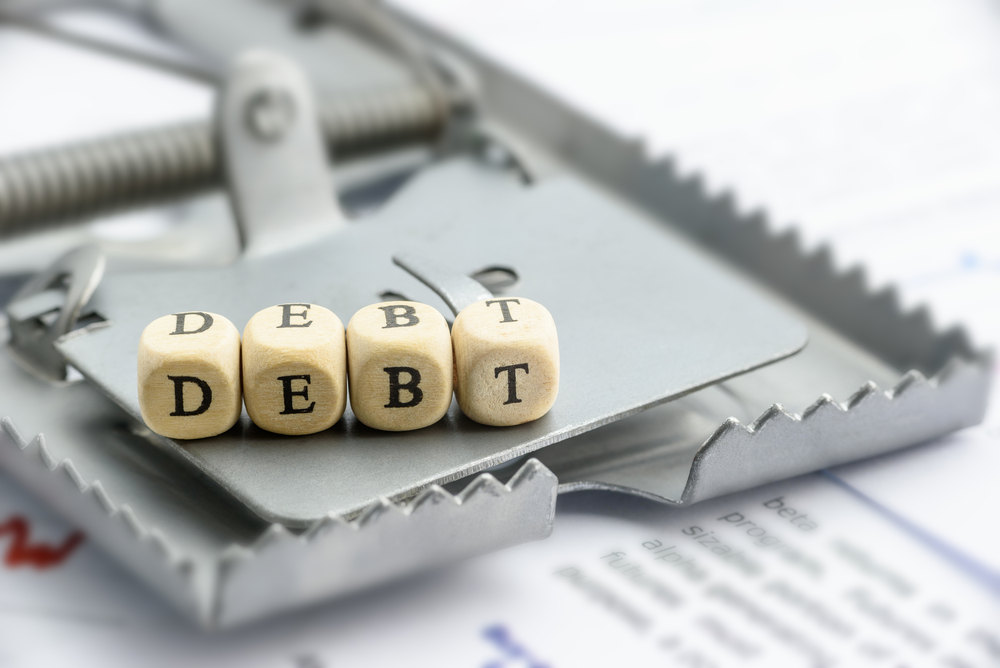Managing debts can be overwhelming, especially when you have multiple debts with different interest rates and payment schedules. Prioritizing your debts is a crucial step in taking control of your finances and reducing your debt burden. If you cannot meet your loan repayments, you may become worried about how you will support yourself or your family.
By prioritizing your debts, you can focus on paying off high-interest debts first and avoid falling behind on payments, which can lead to additional fees and penalties.
Why Should You Prioritize Your Debts?
Prioritizing your debts may help give you peace of mind. This guide gives you some ideas on prioritizing your debts to help the repayment period go more smoothly. You can use one or all of these ways to keep on top of repaying debts and find out what works best for you.
It can feel overwhelming trying to sort out your debts. It’s important to know which ones you should pay first. Then you can make a plan to repay them. This doesn’t always mean clearing those with the highest interest rates first!
Make a List
To start addressing your debt, write it all down, clearly laying out everything that you owe. Make sure to include everything from the biggest to smallest debts, including any money you may have borrowed from family or friends.
Then you can begin to categorize them according to their urgency. Your list will go from the most urgent debts to lower-priority debts.
Urgent Debt
Your most urgent debts will be any which are taking legal action against you. If you are not meeting your most critical debt repayments, you will end up in court. Therefore, urgent debts of this level usually require extra help.
There are nonprofit credit counselors, bankruptcy attorneys, or legal aid centers that can contact for additional information and help to cope with these debts. It’s important to reach out and find out what your options are so that you can begin to plan for a better and brighter financial future.
High-Priority Debts
High-priority debts include any that will largely impact your life if you fail to deal with them. The result of failing to pay these debts could lead to eviction or your home being repossessed, gas or electricity being shut off, or losing your means of earning. These debts are critical, and if you are struggling to meet payments, you should seek help. If you talk to your lender, you may be able to arrange a payment schedule you can manage.
Priority debts can include a wide range of debt types, including but not limited to:
Housing Debt
Your rent or mortgage payments are the highest priority to avoid repossession or eviction.
Utility Debt
It is also crucial to ensure that you can stay warm and safe so dealing with gas and electricity arrears is a high-priority.
Secured Loans
Dealing with a secured loan against a specific asset, such as a car, can be vital if it affects your ability to keep earning money.
Child Alimony
This debt can see you quickly end up in court if you don’t arrange a method to deal with it.
Lower-Priority Debts
These are the debts that aren’t immediately going to cause significant damage. However, they still require your attention!
You should contact the companies to see if you can freeze the debt so you can focus on your priority debts. It’s essential to communicate clearly with your lender, and you may be able to arrange a more affordable payment plan.
These debts can include unsecured loans, credit cards, overdrafts, store cards, student loans, friends and family, or a secured loan where the item isn’t essential.
What Else Can You Do to Deal With Debt?
Do
- Get proactive and start dealing with your debt today!
- Budget in a way that works for you
- Speak to a professional who will be able to help
- Speak to nonprofit credit counselors, bankruptcy attorneys, and legal aid centers for help
Don’t
- Never ignore your debt
- If you have a lot of debt on the go, don’t take out high-cost loans or bad credit loans. They can come with high-interest rates and contribute to the cycle of debt.
Looking for more advice on getting on top of your debt? Take a look at our guide, The Best Ways To Repay Debts




